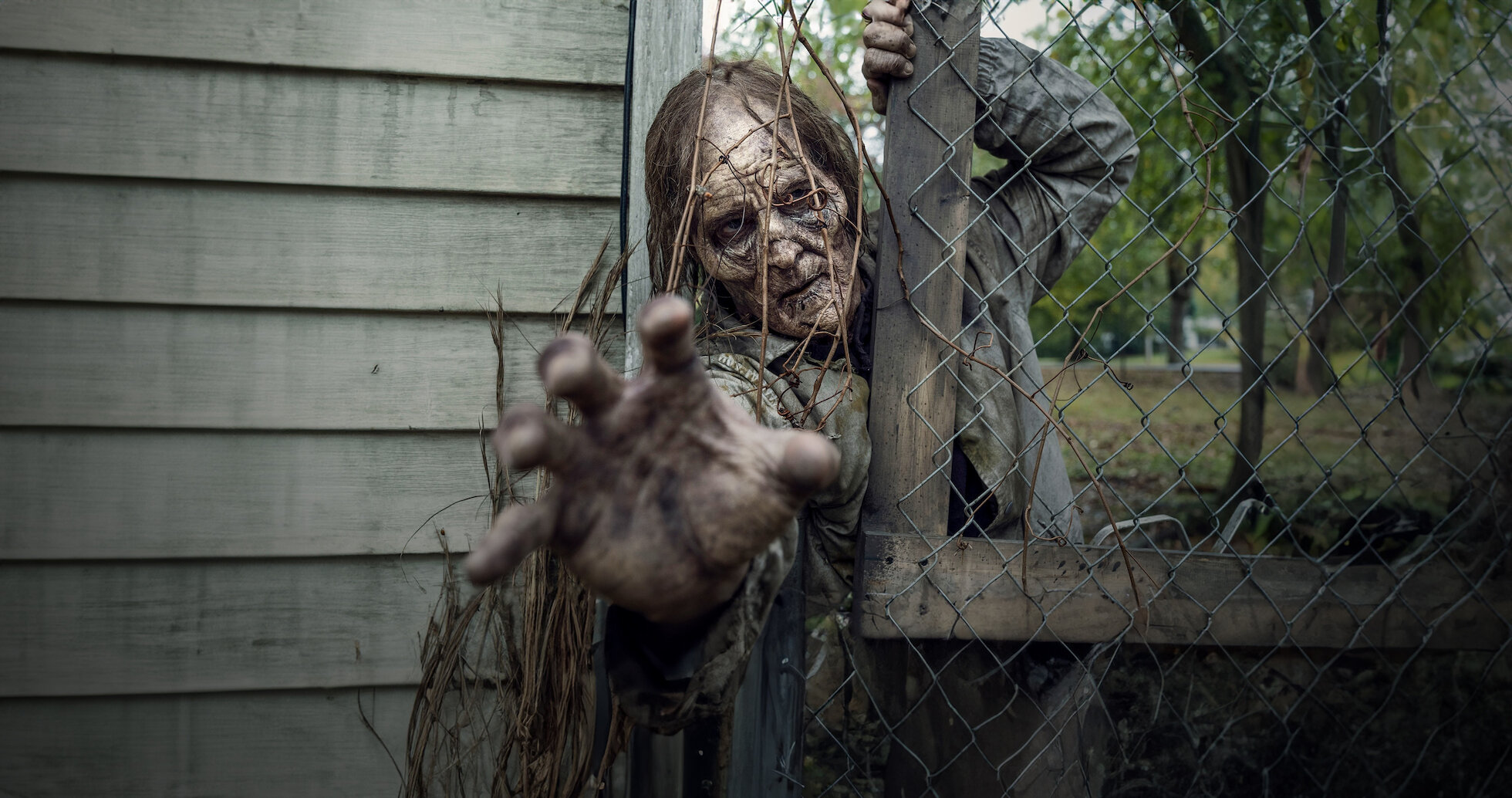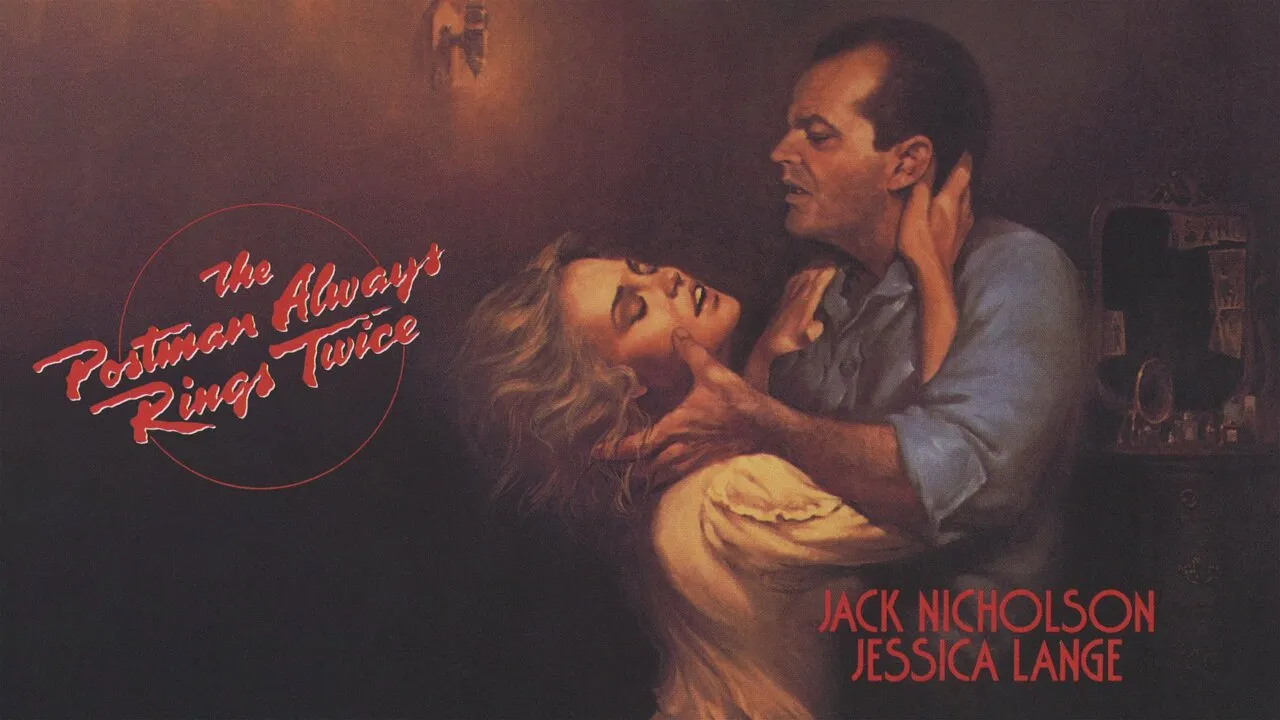The Walking Dead: A Decade of Survival, Humanity, and the Undead
Few television series have left as lasting an impression on popular culture as The Walking Dead. Premiering on AMC in October 2010, the post-apocalyptic horror drama transformed the zombie genre into a character-driven epic about survival, morality, and the resilience of the human spirit. Based on the comic book series by Robert Kirkman, the show ran for 11 seasons, concluding in 2022, but its legacy continues through spin-offs, video games, and a devoted global fanbase.
At its core, The Walking Dead isn't just about zombies—referred to ominously as "walkers"—but about the people forced to rebuild society amidst chaos. The story begins with Rick Grimes (played by Andrew Lincoln), a sheriff’s deputy who wakes from a coma to find the world overrun by the undead. Searching for his family, he becomes the reluctant leader of a group of survivors, each facing their own moral challenges in a world where the old rules no longer apply.

Over the years, the series evolved from a survival horror into an intense exploration of community, leadership, and the human condition. Key characters like Daryl Dixon (Norman Reedus), Carol Peletier (Melissa McBride), Michonne (Danai Gurira), and Negan (Jeffrey Dean Morgan) brought emotional depth and complexity, navigating love, loss, revenge, and redemption in equal measure.
The series was praised for its bold storytelling and willingness to take risks—often killing off major characters in shocking fashion. Moments like the fall of the prison, the Governor’s war, the brutal introduction of Negan, and the Whisperers’ reign remain iconic in modern television history. Behind the gore and suspense, The Walking Dead constantly asked: what does it mean to be human in a world where humanity is almost extinct?
Visually, the show set new standards for horror on television. The practical effects by Greg Nicotero and his team at KNB EFX brought the undead to life with terrifying realism. The cinematography captured both the bleakness of the ruined world and the fleeting beauty of human connection amid devastation.

As the seasons progressed, the narrative expanded beyond survival to focus on rebuilding civilization. Groups like Alexandria, Hilltop, and The Commonwealth offered glimpses of hope—and the dangers of political control in a post-collapse society.
Though its later seasons received mixed reactions, the series ended on a powerful note of cautious optimism, with many fan-favorite characters still alive and embarking on new journeys. Spin-offs like The Walking Dead: Daryl Dixon, The Ones Who Live (featuring Rick and Michonne), and Dead City have continued to explore this universe, proving its durability and creative potential.

Verdict: The Walking Dead redefined what genre television could achieve. With its compelling characters, emotional storytelling, and philosophical undertones, it became more than just a zombie show—it became a cultural phenomenon. Even in a world full of death, The Walking Dead reminded viewers of one simple truth: it’s never just about surviving. It’s about living.


